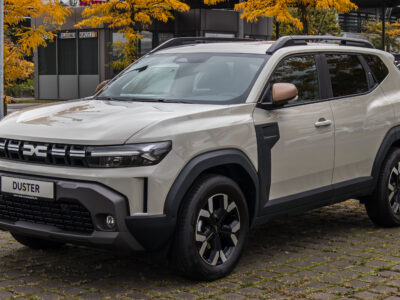
SEAT Arona Dashboard Warning Lights: The Complete, Expert-Crafted Guide to Every Symbol and Meaning
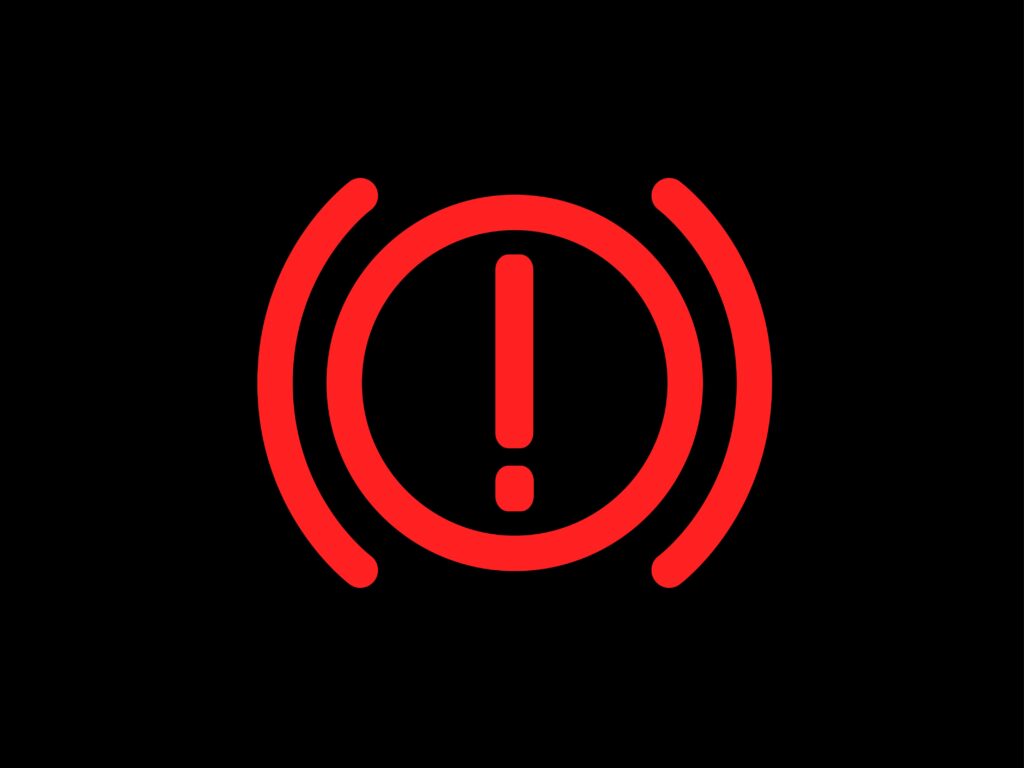
When a dashboard light suddenly appears, it can feel like your SEAT Arona is trying to communicate in riddles. We’re here to remove the guesswork. This definitive guide breaks down every SEAT Arona dashboard warning light with clear explanations, practical actions, and deeply detailed insights that help you understand exactly what’s happening under the bonnet—and what to do next.
- Understanding SEAT Arona Dashboard Warning Lights
- Notification Central Warning Light (Triangle With Exclamation Mark)
- Parking Brake Warning Light
- Brake System Warning Light
- Power Steering Warning Light
- Traction Control (ASR/TCS) Warning Light
- Front Brake Pads Wear Warning Light
- ESC (Electronic Stability Control) Warning Light
- ABS Warning Light
- Emissions Control / Check Engine Light
- Diesel Pre-Heat Warning Light
- EPC Warning Light (Petrol Engines)
- DPF (Diesel Particulate Filter) Warning Light
- Tyre Pressure Monitoring System (TPMS) Warning Light
- Airbag Warning Light
- Oil Level Warning Light
- Gearbox / Clutch Warning Light
- Engine Overheating Warning Light
- Engine Oil Pressure Warning Light
- Battery Charge Warning Light
- Service Warning Light (Wrench/Spanner)
- Risk of Freezing Warning Light
- Start/Stop System Warning Light
- Conclusion
- Frequently Asked Questions
Understanding SEAT Arona Dashboard Warning Lights
Every light on the SEAT Arona dashboard falls into one of three categories:
- Red lights: Stop the vehicle as soon as it’s safe. These indicate serious issues.
- Yellow/amber lights: A system needs attention soon.
- Green/blue lights: Informational—typically nothing to worry about.
Let’s explore each symbol with full clarity and precision.
Notification Central Warning Light (Triangle With Exclamation Mark)
The notification triangle appears in yellow or red, each carrying a different urgency level.
Yellow Notification Light
Indicates a non-urgent message such as:
- Minor system alerts
- Advised inspections
- Settings changes
Red Notification Light
Signals something that needs immediate attention:
- Critical safety warnings
- Urgent system faults
- High-priority vehicle messages
A corresponding message will appear on the digital display.
Parking Brake Warning Light
This light turns on when the parking brake is applied.
If the Light Stays On
- Ensure the parking brake is fully released.
- If it continues glowing, the system may be sticking or the parking brake switch may be faulty.
Brake System Warning Light
A red, high-severity indicator with two major causes:
1. Low Brake Fluid
Low brake fluid points to:
- Worn brake pads
- Gradual fluid loss
- A potential leak
Top up only using:
- VW 501 14 standard
- DIN ISO 4925 CLASS 4
- DOT 4 (USA FMVSS 116)
2. Brake System Fault
If the light remains on after topping up:
- Stop driving immediately.
- The braking system may be compromised.
Brake fluid reservoir location:
- Next to the battery
- Identifiable by the yellow cap
Power Steering Warning Light
This symbol appears in red or yellow, each with unique implications.
Red Power Steering Light
- Severe electromechanical malfunction
- Steering assistance may be lost
- Do not continue driving
Yellow Power Steering Light
- Reduced steering support
- Often caused by an overheated steering motor
- You may continue driving cautiously but must seek workshop inspection
Traction Control (ASR/TCS) Warning Light
This symbol displays as "TC" or a skidding-car icon.
When It Lights Up
- Traction Control has been manually disabled
- A system fault has occurred
- A wheel speed sensor is malfunctioning
The system helps prevent wheel spin, so reduced traction is expected until repaired.
Front Brake Pads Wear Warning Light
Signals that the front pads are reaching the end of their lifespan.
- Remaining lifespan: approximately 1,000 miles
- Replacement is strongly advised as soon as the light appears
Driving styles—such as heavy braking—can shorten this estimate.
You may be interested in reading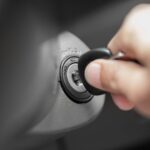 SEAT Arona Service Reset: The Complete Step-By-Step Guide
SEAT Arona Service Reset: The Complete Step-By-Step GuideESC (Electronic Stability Control) Warning Light
ESC improves vehicle stability during difficult driving conditions.
Flashing ESC Light
- System actively stabilizing the vehicle
- Not a fault
Constant ESC Light
- Fault detected
- Most commonly due to malfunctioning ABS wheel speed sensors
ABS Warning Light
ABS prevents wheel lock during harsh braking.
Light On Continuously
- Indicates an ABS malfunction
- Causes include failed wheel speed sensors
- Standard braking remains functional, but stability and safety are reduced
Emissions Control / Check Engine Light
This light covers dozens of potential engine-related issues.
Common Causes
- Faulty oxygen/lambda sensor
- Misfire
- Exhaust gas recirculation issues
- Fuel mixture irregularities
When Flashing
- Active misfiring
- Risk of catalytic converter damage
- Reduce load and speed until flashing stops
Diagnostic equipment is required to read stored error codes.
Diesel Pre-Heat Warning Light
Relevant to diesel engines only.
When It Stays On
- Glow plug failure
- Diesel engine management fault
- Pre-heating system malfunction
A scan is necessary to pinpoint the exact problem.
EPC Warning Light (Petrol Engines)
The EPC (Electronic Power Control) light indicates petrol engine management problems.
Possible Fault Locations
- Throttle body
- Throttle pedal
- Cruise control
- Traction control
- Engine sensors
Loss of power or limp-mode activation is common.
DPF (Diesel Particulate Filter) Warning Light
This indicates a blocked DPF filter.
How to Regenerate the Filter
Drive:
- 15 minutes or more
- At least 60 km/h (37 mph)
- In 4th or 5th gear
- Maintain roughly 2,000 rpm
If the light persists, professional cleaning or forced regeneration is required.
Tyre Pressure Monitoring System (TPMS) Warning Light
Triggered when tyre pressure drops or when the wheel rotation pattern changes.
Causes
- Under-inflated tyre(s)
- Puncture damage
- Uneven load distribution
- Wheel speed sensor irregularities
A system reset is required after correcting tyre pressures.
Airbag Warning Light
Illuminates when a fault is detected in:
- Airbags
- Seat belt tensioners
- Buckle sensors
- Under-seat wiring
Common causes:
- Objects stuck in seat belt buckles
- Connectors dislodged under front seats
Oil Level Warning Light
Two different behaviours signal two different issues.
Solid Yellow Light
- Engine oil level is low
- Check dipstick after parking on a level surface
Flashing Yellow Light
- Oil level sensor malfunction
- Monitor oil levels manually until replaced
Avoid overfilling beyond the maximum mark.
Gearbox / Clutch Warning Light
A gear-cog icon with an exclamation mark.
You may be interested in reading SEAT Arona Service Reset: The Complete Step-By-Step Guide
SEAT Arona Service Reset: The Complete Step-By-Step Guide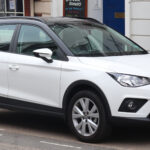 Best Engine Oil for SEAT Arona: Complete Oil Type, Capacity & Change Interval Guide
Best Engine Oil for SEAT Arona: Complete Oil Type, Capacity & Change Interval GuideIndicates
- Gearbox malfunction
- Clutch system issues
- Electrical control module faults
A message will appear on the display with more details.
Engine Overheating Warning Light
A critical warning with two variations.
Solid Red Light
- Low coolant
- High engine temperature
Flashing Red Light
- Severe overheating or system fault
- Stop immediately
- Allow the engine to cool before checking coolant
If coolant level is sufficient and the light stays on, do not continue driving.
Engine Oil Pressure Warning Light
One of the most serious warning lights.
If Illuminated
- Low oil pressure
- Potential lubrication system failure
Actions
- Stop immediately
- Check oil levels
- If levels are normal, do not restart the engine
- Arrange vehicle recovery
Often accompanied by audible beeps.
Battery Charge Warning Light
Indicates the alternator is no longer charging the battery.
Possible Causes
- Faulty alternator
- Broken alternator belt
- Loose wiring
- Failing battery
If driving, reach a workshop before the battery drains completely.
Service Warning Light (Wrench/Spanner)
A reminder for:
- Scheduled service
- Oil change
- Vehicle inspection
Often appears with an audible beep and a service-due message.
Risk of Freezing Warning Light
A snowflake icon appears when temperatures drop below +4°C (39°F).
Behaviour
- Remains on until temperature exceeds +6°C (43°F)
- Alerts the driver to possible road ice
Start/Stop System Warning Light
A green symbol indicates the engine has entered its automatic standby mode.
System May Not Activate When
- Battery is low
- Engine temperature is unsuitable
- Climate control demands engine operation
- DPF regeneration is active
See “SEAT Arona Start/Stop Not Working” for full causes.
Conclusion
Understanding your SEAT Arona’s dashboard warning lights empowers you to act quickly, safely, and confidently. Whether it’s a simple tyre pressure issue or a critical oil pressure fault, each symbol is designed to protect your vehicle—and you. By responding appropriately, staying alert, and following manufacturer guidance, you ensure reliability, longevity, and peace of mind on every journey.
Frequently Asked Questions
1. Can I drive with a yellow warning light on in my SEAT Arona?
Yes, but only temporarily. Yellow lights indicate caution—book a diagnostic soon.
2. What should I do when a red warning light appears?
Stop immediately. Red lights indicate system failure or safety risks.
3. Why does my DPF light keep returning after regeneration?
The filter may be severely blocked or the pressure sensor may be failing.
4. Is it safe to drive with ABS or ESC lights on?
The car will drive, but stability and emergency braking performance are reduced.
5. Which SEAT Arona warning lights require immediate recovery?
The most severe are:
You may be interested in reading SEAT Arona Service Reset: The Complete Step-By-Step Guide
SEAT Arona Service Reset: The Complete Step-By-Step Guide Best Engine Oil for SEAT Arona: Complete Oil Type, Capacity & Change Interval Guide
Best Engine Oil for SEAT Arona: Complete Oil Type, Capacity & Change Interval Guide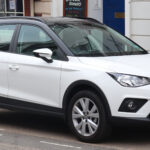 SEAT Arona Tyre Pressure Reset Procedure: Complete Step-By-Step Guide
SEAT Arona Tyre Pressure Reset Procedure: Complete Step-By-Step Guide- Oil pressure
- Engine overheating
- Power steering (red)
- Brake system fault
If you want to know other articles similar to SEAT Arona Dashboard Warning Lights: The Complete, Expert-Crafted Guide to Every Symbol and Meaning you can visit the category Service and Parts.
Leave a Reply

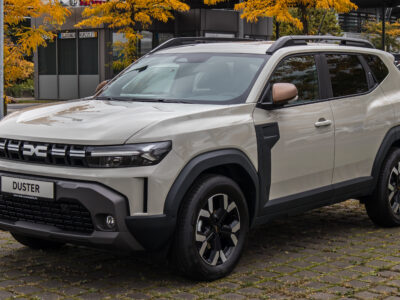
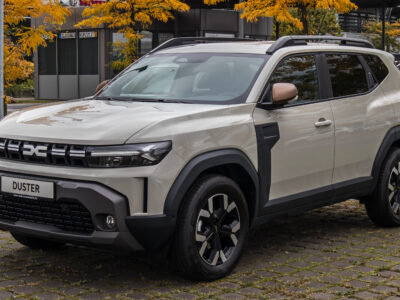
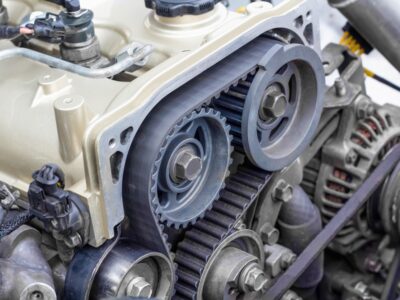
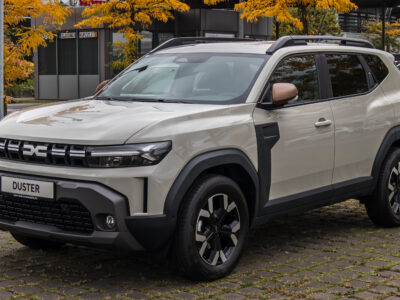
More content of your interest